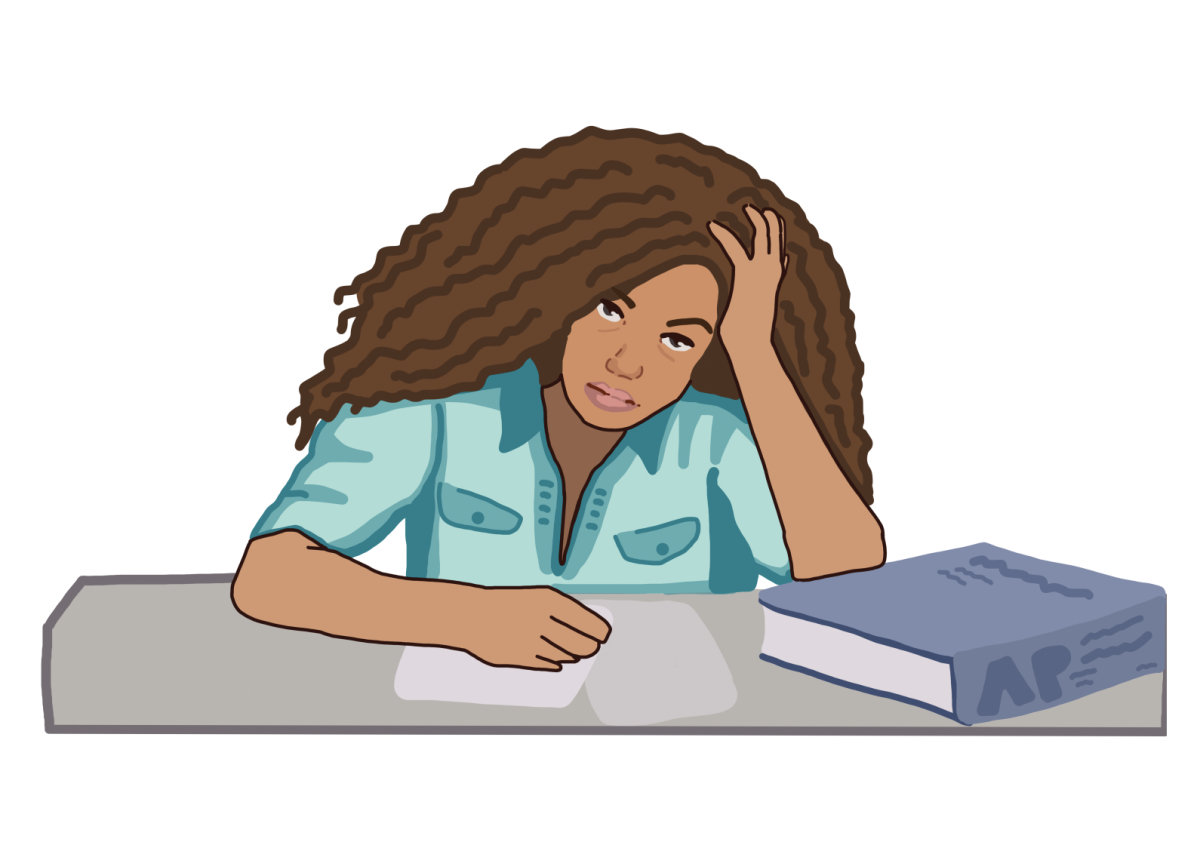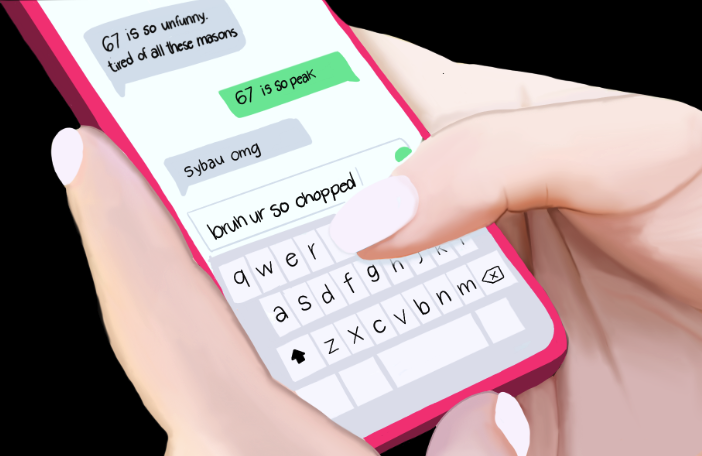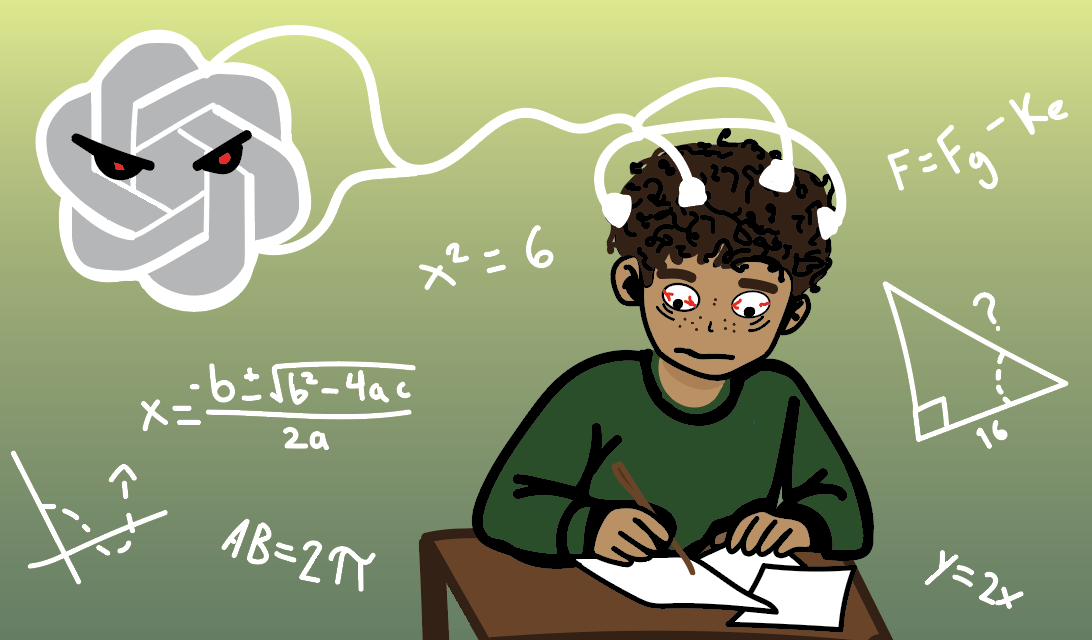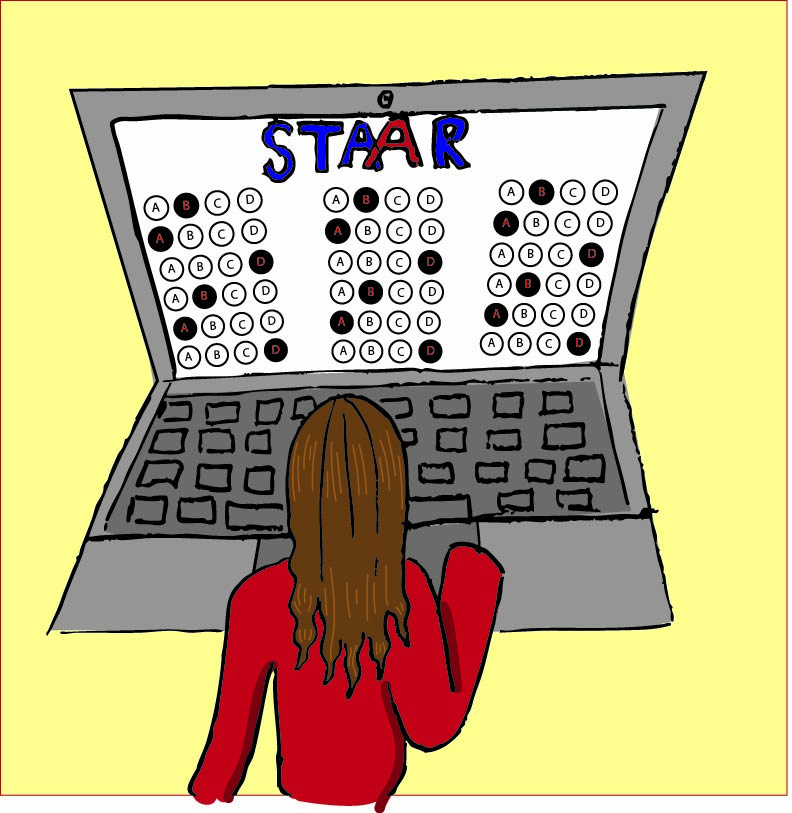As the school year comes to an end, exam season is creeping up on many teenagers. Whether it’s AP tests, state testing, or finals for classes, teens are spending endless hours in preparation for these exams. During this time, many students are likely to experience some sort of stress. However, too much stress and anxiety can lead to more severe mental health problems such as depression episodes, anxiety attacks and extreme thoughts of suicide.
Research done by Education Weekly reveals that 42% of teens have expressed feelings of sadness or hopelessness as a result of schoolwork, homework and outside studying. These percentages have continued to rise each year. Researchers believe that the cause of this rise is due to multiple factors such as pressure from parents, social media, and their own physical health. There are many leading causes to the decline in teens’ mental health, which stresses the importance of the many ways to seek help and strategies to help reduce heightened worries and anxiety.
It’s not uncommon for students to feel overwhelmed about studying, especially as AP exams roll around the corner. The level of workload and expectations are much higher in AP classes than they are in advanced or academic courses. When students feel overwhelmed with content in a class, AP teachers can check in with them every so often to give them a helping hand, guidance and encouragement. Having an encouraging classroom and environment can help create a safe space for students. It allows students to feel more comfortable when seeking help in classes, and overall aid many students’ stress and mental health.
Additionally, many students put self-imposed pressure on themselves to be academically perfect. The pressure AP students may feel to be a perfectionist is another leading cause for high anxiety. Many students try to perform higher than their classmates, and become overwhelmed with the high standards and expectations they set for themselves. There are multiple ways to manage and cope with academic pressure. Managing your time inside and outside of school is extremely important. For example, prioritizing the most important work first, then completing the smaller tasks later. Stress reduction activities like breathing exercises and mindfulness activities have proven to reduce anxiety.
The rise in social media also has a large effect on students’ mental health. Research done by Psychotherapist Douglass T. Buzenski at Capital University suggests that social media has caused many students to compare themselves to others online. On social media, students often compare themselves to others after seeing their achievements and highlights in their life. Though research has shown that social media plays a significant role in students, there are ways to reduce the stress caused by social media. Limiting your screen time can help students lower the negative effects of comparison. Balancing time online can help students prioritize their own life and mental health, rather than the pressure from comparing themselves to others.
Although academic pressure and stress can lead to many negative effects, many argue that stress can lead to positive results in someone’s academic career. Stress can give a push to students to perform their best on schoolwork and AP tests.
While stress can push students to perform well, too much stress can lead to even more negative consequences extremely quickly. It is important for students to seek help when needed, before it’s too late and the effects are more severe.
Students’ mental health and well being should always be prioritized in and outside of a classroom. By creating a positive atmosphere and mindset, it allows students to reach their full potential in school.









